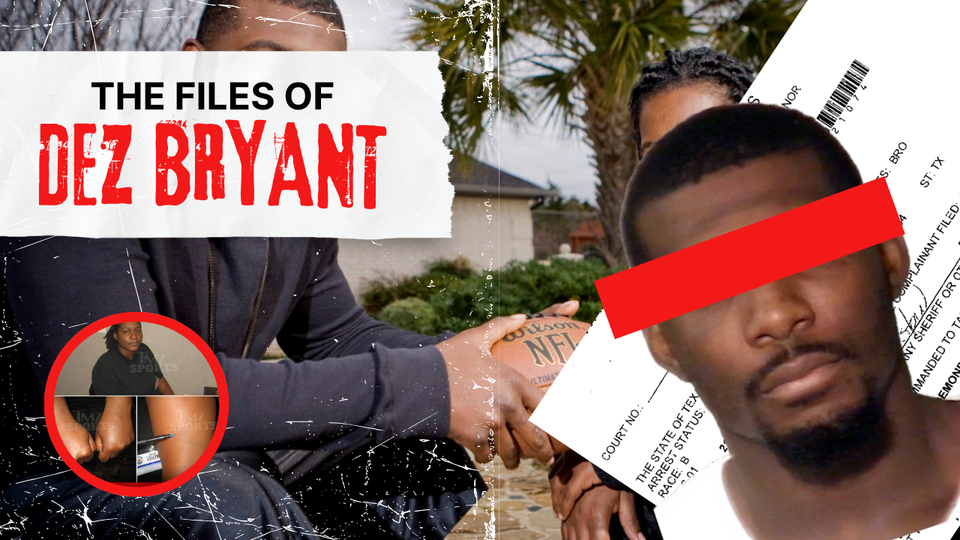How Marriage Was Hijacked

If you want to understand when America started losing its mind, look no further than the great same-sex marriage debate of the early 2000s. Here was a perfect case study in how liberals take an institution that's worked for roughly five thousand years of human civilization and decide it needs a complete overhaul because feelings.
Liberals took the one human institution specifically designed around the biological reality of male-female reproduction and announced that excluding same-sex couples was exactly like racial segregation. This would be like arguing that excluding men from gynecological exams is sexist, or that barring cats from dog shows is species discrimination.
Marriage wasn't some arbitrary social club dreamed up by bigots to exclude people they didn't like. It was humanity's way of formalizing the one relationship that produces children without requiring a laboratory, a committee, or a government permit. Every civilization in history figured out that maybe, just maybe, there was something worth protecting about the arrangement that creates the next generation of human beings.
Of course, the moment you mention the connection between marriage and children, someone inevitably pipes up with "What about infertile couples? What about women past menopause? Are you saying they can't get married?" This is like arguing that since some cars occasionally break down, the concept of transportation is meaningless. The fact that some heterosexual couples cannot or choose not to have children doesn't negate the biological reality that heterosexual relationships are the only kind that can produce children naturally.
Society recognizes the type of relationship that creates children, not because every single instance will result in procreation, but because this is the category of relationship where procreation is possible. A sixty-year-old woman marrying a seventy-year-old man represents the same fundamental type of human pairing as a twenty-five-year-old woman marrying a twenty-seven-year-old man, the kind that has been creating babies since humans figured out how babies are made.
It's the same reason we don't stop calling birds "flying animals" just because some birds can't fly. Penguins and ostriches are still birds, even though they're stuck on the ground with the rest of us. The category is defined by the general characteristic, not by every possible exception to it.
But logic was never the point. The same-sex marriage movement was never really about marriage at all. It was about forcing society to validate homosexual relationships by demanding they be treated as identical to heterosexual ones in every conceivable way. It was about using the coercive power of government to compel agreement with a lifestyle choice that many people had religious or moral objections to.
The brilliance of the strategy was choosing marriage as the battleground. Who could be against love? Who could oppose happiness? Who could object to commitment? By framing the debate around these emotional appeals rather than the logical questions, like what marriage is actually for and why society has any interest in regulating it in the first place, activists managed to skip right past rational discussion and move straight to moral bullying.
Anyone who dared suggest that maybe marriage had something to do with children and biological families was immediately branded a bigot. Anyone who pointed out that homosexual relationships are fundamentally different from heterosexual ones in ways that might matter for social policy was accused of hate. Anyone who argued that redefining marriage might have unintended consequences was told they were on the wrong side of history.
It was the argument style of a teenager: "If you don't give me what I want, you're evil and I hate you!" Except instead of happening in a suburban kitchen, it was happening in courts and legislatures across the country, with federal judges imposing new definitions of marriage on populations that had repeatedly voted to maintain traditional ones.
Rather than trying to convince voters, who kept rejecting same-sex marriage whenever they got to vote on it, activists found sympathetic judges willing to discover that the Constitution had secretly required gay marriage all along. Funny how none of the people who wrote and ratified the Fourteenth Amendment noticed this, but fortunately we had enlightened jurists in the 21st century to explain what it really meant.
This judicial sleight of hand allowed supporters to pretend they were on the side of constitutional law rather than radical social experimentation. They weren't activists trying to overturn thousands of years of human tradition, they were just upholding civil rights! The fact that they had to shop around for friendly courts and ignore democratic processes was just a minor detail.
The whole campaign was built on a series of logical fallacies that would have gotten you laughed out of any freshman philosophy class. The central argument was that excluding same-sex couples from marriage was discrimination, which assumed that marriage was simply a government benefit program rather than an institution with a specific purpose.
By this logic, excluding single people from marriage is discrimination against the unmarried. Excluding children from marriage is age discrimination. Excluding people who want to marry their siblings is discrimination against the incestuously inclined. If marriage is just about love and commitment, why should any of these arbitrary restrictions exist?
Pointing out these obvious problems with the argument was forbidden. The moment you started asking logical questions, you were accused of comparing gay people to pedophiles or incestuous couples, even though the comparison was about the logical structure of the argument, not the moral equivalence of the relationships.
This is a classic liberal debate tactic: make an argument based on a principle, then claim offense when someone applies that principle consistently. They want the benefit of appealing to universal principles without having to deal with the universal implications of those principles.
The most ridiculous aspect of the entire debate was the pretense that same-sex marriage wouldn't change anything for anyone else. Supporters repeatedly claimed that allowing gay couples to marry would have no effect on traditional marriages or religious freedom. It would just extend existing benefits to more people. What could be less threatening?
Of course, this was obvious nonsense from the beginning. You cannot redefine a fundamental social institution without affecting how that institution functions in society. You cannot declare that an arrangement specifically designed around biological reproduction is now primarily about emotional fulfillment without changing what marriage means for everyone.
And sure enough, within a few years of legalization, we saw exactly the consequences that conservatives had predicted. Religious adoption agencies were forced to choose between violating their beliefs and shutting down. Wedding vendors faced lawsuits for declining to participate in ceremonies that violated their convictions. Schools began teaching children that any family structure is equally valid, effectively declaring that mothers and fathers are interchangeable.
The most predictable consequence was that marriage became even more about personal fulfillment and even less about children and family formation. If marriage is just about love and commitment between any two people, then why should it involve lifelong vows? Why should it require monogamy? Why should it be limited to two people? Why should it require any particular commitment at all?
We're already seeing these logical extensions play out in real time. Polyamorous relationships are demanding recognition. "Open marriages" are being celebrated as evolved and progressive. Traditional expectations about fidelity and permanence are being dismissed as outdated and oppressive.
The same arguments used to justify same-sex marriage, love is love, commitment matters more than form, government shouldn't impose traditional definitions, apply just as well to any other arrangement adults want to call marriage. The activists who swore this wouldn't happen either were lying or were too stupid to understand the implications of their own arguments.
But perhaps the most galling aspect of the whole campaign was the historical revisionism. Suddenly, opposition to same-sex marriage became equivalent to supporting slavery or opposing women's suffrage. Traditional marriage defenders were portrayed as the moral equivalent of segregationists, fighting against the inevitable march of progress and equality.
This comparison was not just offensive but historically illiterate. Racial segregation was about denying black Americans the same rights that white Americans already enjoyed. Women's suffrage was about extending voting rights to the other half of the population. Same-sex marriage was about changing the definition of an institution to include relationships it was never designed to include.
The better historical analogy would be demanding that the Boy Scouts admit girls, then claiming that anyone who objected was discriminating against females. The organization wasn't created to exclude girls out of spite, it was created for a specific purpose that involved boys. Changing that purpose might serve other goals, but it's not the same thing as ending discrimination.
But accuracy was never the point. The goal was to make opposition to same-sex marriage seem not just wrong but evil, thereby shutting down rational debate about a significant social change. Anyone who questioned the wisdom of redefining marriage was not just mistaken, they were hateful bigots who deserved to be marginalized and silenced.
The campaign succeeded beyond its supporters' wildest dreams. Not only did they get legal recognition for same-sex marriages, they managed to make traditional marriage advocacy a form of thought crime. Within a decade, expressing the view that marriage should be between a man and a woman went from mainstream position to hate speech.
This is how free societies die, not through violent revolution, but through the gradual redefinition of everything worth preserving until nothing remains but the hollow shell of words that used to mean something important.

